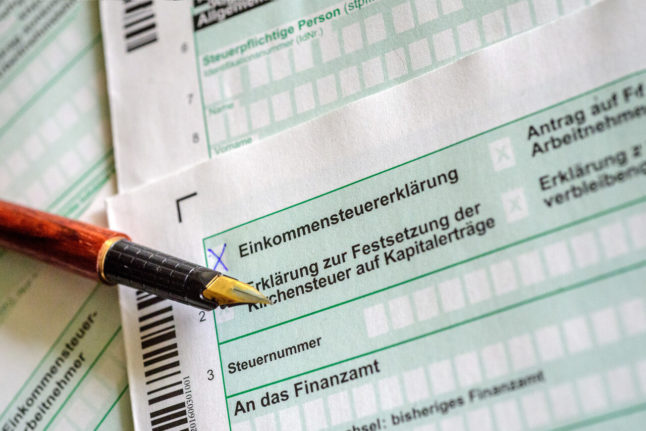Hoeneß, 61, revealed to Focus news weekly that he had voluntarily disclosed a Swiss bank account in January and is working closely with investigators on a tax evasion probe.
The football legend and prosecutors have declined to divulge the sums involved but Bild am Sonntag reported without citing its sources that Hoeneß had already paid nearly €6 million in back taxes.
The head of the German tax union, Thomas Eigenthaler, said that based on that sum, Hoeneß had likely hidden at least €10 million in income.
Hoeneß, who also draws income from a sausage company he co-founded, told Focus that he had originally planned to come forward after a planned German-Swiss tax accord came into effect, which would have allowed him to settle the matter anonymously with a one-off payment.
But the centre-left opposition torpedoed the measure late last year on the grounds that it unfairly offered criminal amnesty to tax dodgers.
Five months ahead of a general election, the opposition Social Democrats leapt on the high-profile case as proving their point about the flaws in the mooted Swiss tax pact.
“Once again we are so surprised when a prominent case of tax evasion comes to light,” SPD general secretary Andrea Nahles said in a statement.
“These cases are bad enough for the social cohesion of our country. But it is much worse when this behaviour is sanctioned by political leaders.”
However Philipp Rösler, leader of the pro-business Free Democrats, junior partners in Chancellor Angela Merkel’s ruling coalition, told Monday’s Bild newspaper that Berlin aimed to take a firm line against tax cheats and that without the accord with Switzerland, many cases would go undetected.
Although Switzerland has recently cracked down on undeclared funds in a bid to clear its reputation as a tax haven, it has so far doggedly refused to consider lifting its banking secrecy practices.
Bayern host Barcelona in the Champions League semi-final, first leg on Tuesday as the German champions bid to reach their third European Cup final in four years.
Bayern coach Jupp Heynckes played down the impact of the tax affair on the club.
“It’s a private matter for the president. There are often stories of this nature, especially in the Munich media, but it is of absolutely no interest to my team,” Heynckes said Saturday.
AFP/The Local/kkf



 Please whitelist us to continue reading.
Please whitelist us to continue reading.
Member comments